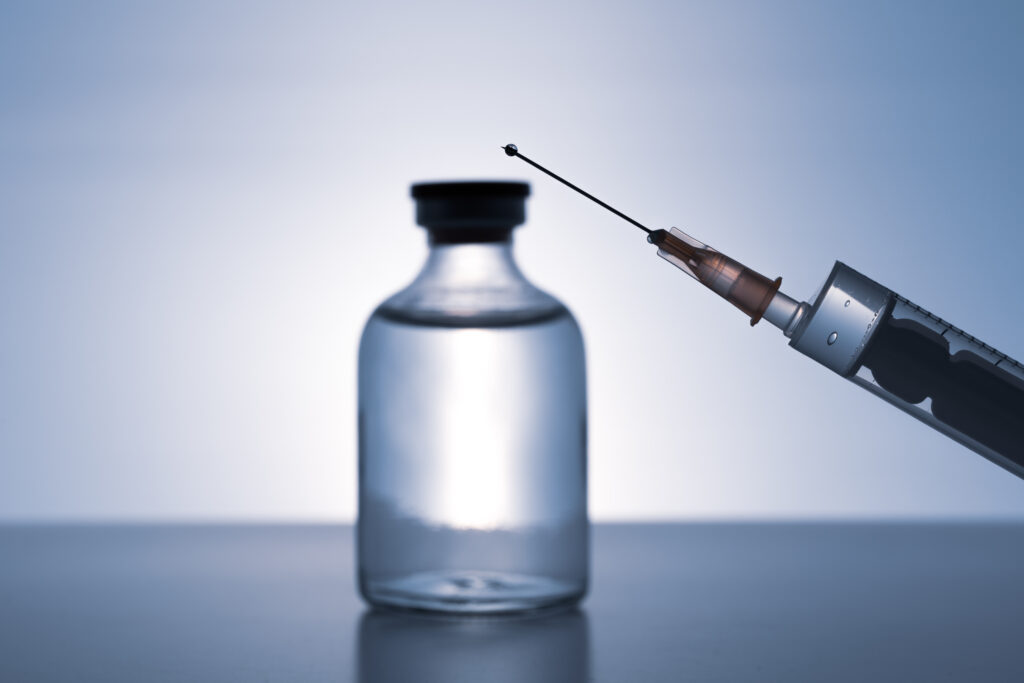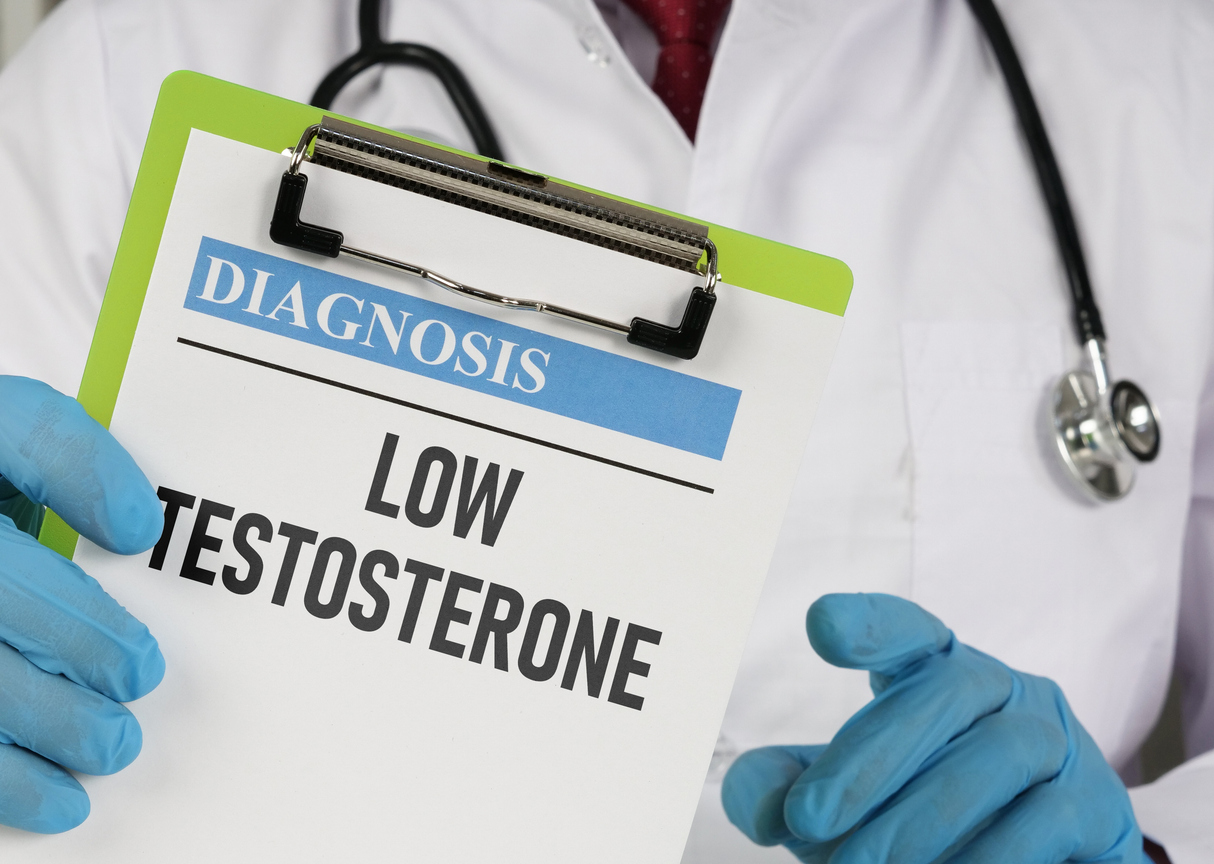Glutathione is a powerful antioxidant that is naturally produced in the body. It is composed of three amino acids: cysteine, glutamic acid, and glycine. It is considered one of the body’s most important antioxidants and plays a crucial role in several biological processes.
Here are some key points about glutathione:
- Antioxidant Function: Glutathione acts as a powerful antioxidant in the body, helping to protect cells from damage caused by free radicals and reactive oxygen species (ROS). It helps neutralize these harmful substances and maintain cellular health.
- Detoxification: Glutathione is involved in the detoxification of various harmful substances, including heavy metals, pollutants, and drugs. It helps in the breakdown and elimination of these toxins, primarily in the liver. Adequate levels of glutathione are essential for effective detoxification and optimal liver function.
- Immune Support: Glutathione plays a vital role in supporting the immune system. It helps to enhance the function of immune cells and promotes the production of cytokines, which are important molecules involved in immune responses. Low levels of glutathione have been associated with immune system dysfunction and increased susceptibility to illnesses.
- Skin Health: Glutathione is often associated with skin health and is popularly used as a skin lightening agent. It is believed to inhibit the production of melanin, the pigment responsible for skin color, and can help reduce the appearance of dark spots or hyperpigmentation.
- Reduced Inflammation: Glutathione has anti-inflammatory properties and may help reduce inflammation in the body. Chronic inflammation is linked to various health conditions, including cardiovascular disease, arthritis, and autoimmune disorders. By modulating inflammatory responses, glutathione may contribute to a healthier inflammatory balance.
- Neurological Health: Glutathione plays a vital role in maintaining optimal brain function and may have benefits for neurological health. It helps protect neurons from oxidative damage, supports neurotransmitter balance, and promotes proper communication between brain cells. Glutathione levels are often altered in neurodegenerative disorders such as Alzheimer’s and Parkinson’s diseases, highlighting its potential importance in brain health.
- Aging and Disease: Glutathione levels tend to decline with age, and this decrease is associated with various age-related diseases, such as neurodegenerative disorders, cardiovascular diseases, and certain cancers. Maintaining optimal glutathione levels may have potential benefits for overall health and longevity.
- Food Sources and Supplementation: Glutathione is naturally produced in the body, and certain foods can help increase its levels, such as fruits, vegetables, and lean protein sources. However, oral supplementation with glutathione has limited efficacy due to its poor absorption in the gastrointestinal tract. Alternative approaches, such as taking its precursor amino acids (cysteine, glutamine, and glycine) or using glutathione precursors like N-acetylcysteine (NAC), can help boost glutathione levels.
It’s important to note that while glutathione has been studied for its potential health benefits, further research is still needed to fully understand its mechanisms and effectiveness in various conditions. Factors such as age, overall health, and specific medical conditions can influence the effects of glutathione. It’s advisable to consult with a healthcare professional to determine the appropriate use and dosage of glutathione supplementation, if needed.
At Apex Hormone Health we develop treatment plans unique to you! Prior to starting treatment, we will discuss risks and benefits and determine the treatment modality that is best for you. Let us help you to get back to optimal health. Telehealth appointments available for the state of Colorado and New Mexico.
Call or text 720-856-0200.
Email: info@apexhormonehealth.com. www.apexhormonehealth.com







